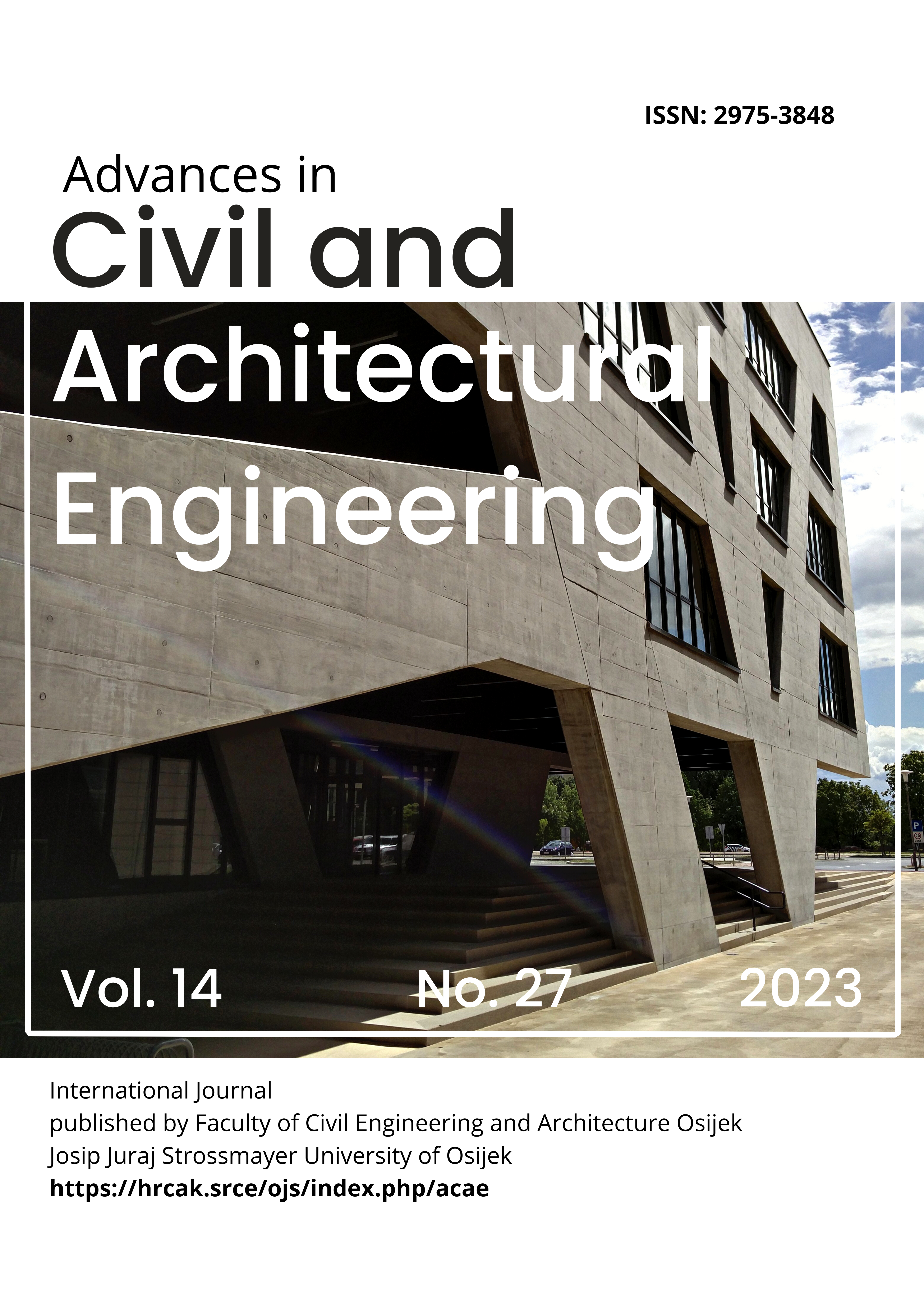PRODUCTION OF SELF-HEALING MORTAR USING BACTERIAL SPORES ENCAPSULATED WITH JUTE FIBRE
DOI:
https://doi.org/10.13167/2023.27.9Keywords:
bacteria, self-healing, fiber, MICP, crack healingAbstract
Cement-based composites have various advantages such as low cost, easy shaping, and high compressive strength. Therefore, they are widely used in the construction industry. However, their brittle structure makes them prone to cracking, which must be repaired promptly to avoid possible loss of strength and durability and ultimate structural failures. Microbially-induced calcite precipitation (MICP) offers an effective method for healing these cracks. Unlike other treatments, MICP method is a natural and environment-friendly option for self-healing of cracks. However, bacteria can be damaged by cement and mechanical impacts; therefore, encapsulation is necessary to protect them. Encapsulation in fibres is a simpler and more cost-effective method than the other techniques. This study tested the effectiveness of encapsulating Bacillus megaterium spores in jute fibres and added them to cement-based mortars. Different nutrient supplements were used, and physical analyses and compressive strength tests were conducted on 28-day cured cube specimens. Present findings revealed that Bacillus megaterium-type bacteria encapsulated in jute fibres improved the compressive strength recovery and healed the loading-induced cracks.
Downloads
Published
How to Cite
Issue
Section
License
Copyright (c) 2023 Musa Yıldırım, Hacer Bilir Özhan, Hilal Girgin ÖZ

This work is licensed under a Creative Commons Attribution 4.0 International License.

